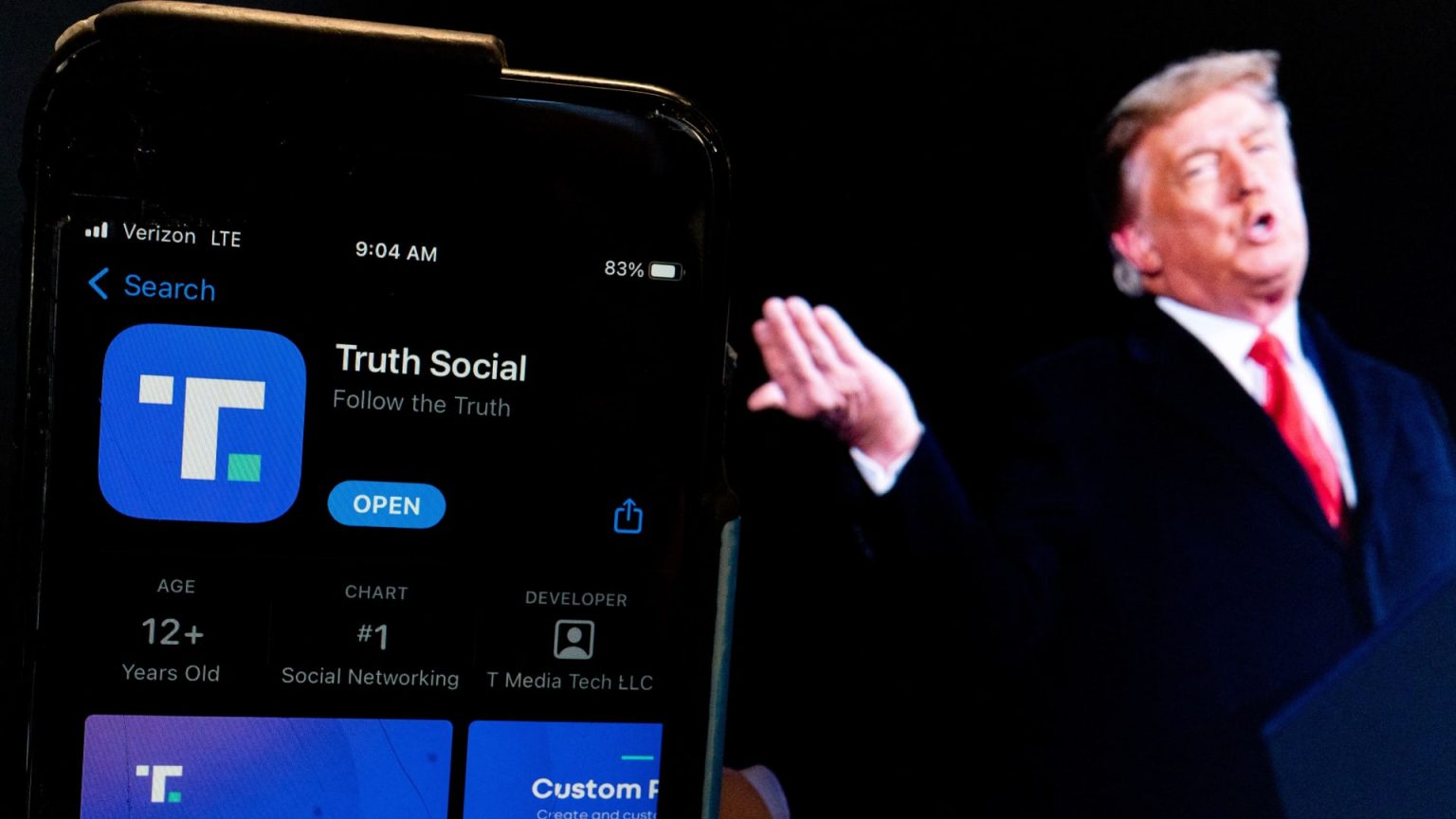Investment firms led by the former CEO of the SPAC that merged with Donald Trump’s media company have filed a federal civil lawsuit in South Florida alleging that their files were hacked and stolen by a current member of the media company’s board of directors. The lawsuit accuses board member Eric Swider of attempting to replace the former CEO of Digital World Acquisition Corp, Patrick Orlando, in early 2023, as part of a scheme to seize control and enlarge their holdings. Swider, along with others, allegedly stole access to the firms’ computer systems and used the stolen information to attack Orlando. The lawsuit seeks damages and an injunction to prohibit the use of the stolen information and to stop the hacking of the firms’ files.
Patrick Orlando was fired from Digital World in March 2023 and replaced by Eric Swider, who completed a merger to take Trump Media & Technology Group Corp public, allowing it to trade on the Nasdaq Stock Market. However, the stock price of the company, which owns the Trump-centric social media app Truth Social, has since plummeted, losing almost 45% of its value since April 1. The lawsuit in Florida is just one of several legal disputes that have affected Trump Media’s path to its IPO, including settling fraud charges with the SEC and suing co-founders over mismanagement of the merger.
Critics have labeled Trump Media a meme stock and a “scam” due to the reported net loss of $58.2 million on revenue of $4.1 million in 2023. The legal battles within the company have contributed to its rocky start as a public company, with lawsuits being filed against both Trump Media and its co-founders, who in turn have sued the company in Delaware Chancery Court over their stake in the company. Despite these challenges, Trump Media has not responded to requests for comment on the Florida lawsuit, and Swider has denied all allegations against him in an interview with Wired, suggesting that the former CEO may be offended by being replaced.
The Florida lawsuit alleges that Swider misled DWAC’s directors and business partners by making false representations of what was happening at the company and offering outsized compensation to other directors to support his attempt to take control. Swider stood to benefit financially from becoming CEO of DWAC and gaining control of ARC II, which owned about 19% of DWAC prior to the merger. Through Cano, Orlando’s former assistant, Swider allegedly gained access to the account storing information about ARC II, promising Cano the role of president of DWAC in exchange for access to the account. Cano provided Swider with information from the account, which Swider used to send false and defamatory emails about Orlando to ARC II’s members.
In one email included in the lawsuit, Swider accused Orlando of failing to maintain a fiduciary responsibility to ARC II, among other claims. However, Orlando discovered the email when Swider failed to remove Orlando’s wife from the mailing list. Swider defended himself in the interview with Wired, stating that Orlando had voted in favor of Cano’s award and denying that he hired Cano as his assistant, as alleged in the lawsuit. The legal battle between the investment firms and the current board member of Trump Media highlights the contentious environment within the company as it navigates challenges in the wake of its IPO and subsequent stock price decline.


